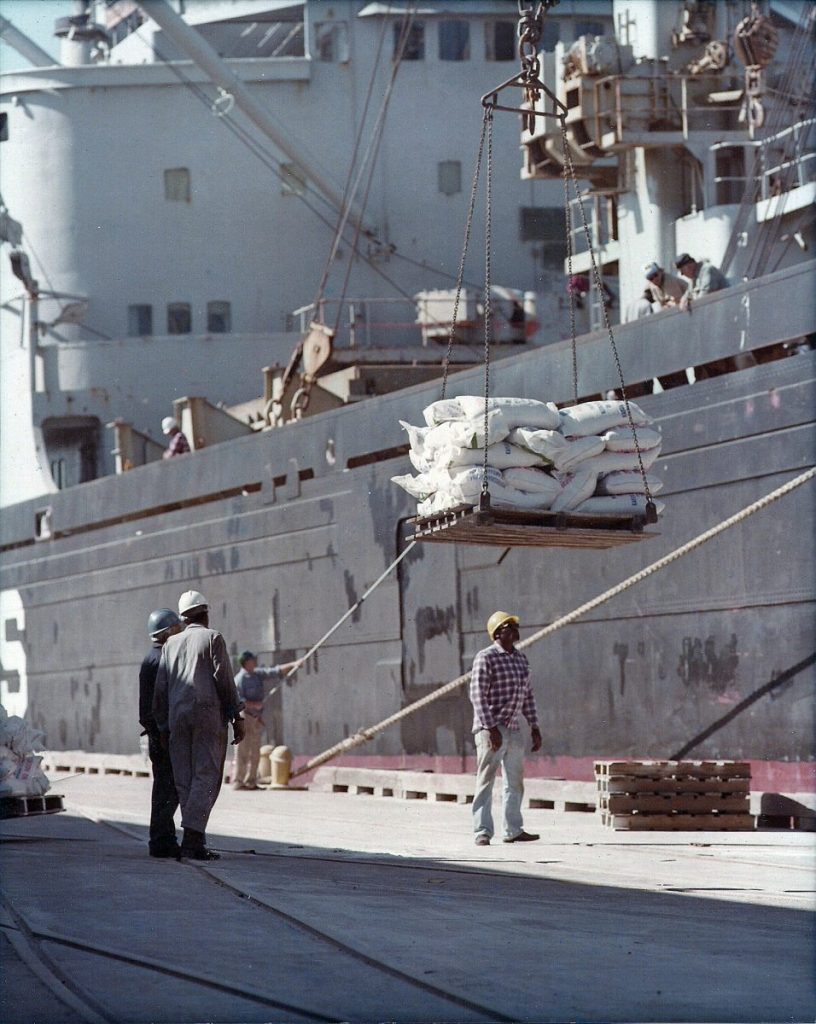06 October 2013, Sweetcrude, Lagos – TRADE Union Congress of Nigeria, TUC, has warned Nigeria’s leaders at all levels of governments that the upsurge in youths unemployment among others will degenerate into instability and chaos, saying unemployment is a time bomb waiting to explode.
The body also raised alarm that recent World Bank report on the Nigeria Economy, highlighted the increasing poverty in Nigeria, especially in rural areas, noting that aside the high poverty, the Bank also informed that progress towards attainment of the millennium development goals, MDGs, in Nigeria has been disappointing.
In a statement TUC said “official reports state that unemployment rate has steadily increased from 12 per cent in 2006 to 4 per cent in 2011. This upward trend continued in 2012. Only recently the Minister of Finance and Coordinating Minister of the Economy, Dr. Ngozi Okonjo-Iweala, admitted that the spate of unemployment was giving her sleepless nights.
Quoting the National Bureau of Statistics, NBS, Okonjo-Iweala said that about 1.8 million young Nigerians join the over-saturated labour market each year.
She concluded by saying that the earlier the government moves to curb this trend the better. Similarly, Mallam Abubakar Mohammed of the National Directorate of Employment only recently lamented that unemployment is escalating in the South-South zone.
We also read in the papers that 25,000 jobs have been lost in the vegetable oil industry due to unbridled importation.”
”As it stands today there is no sector that has not lost thousands of jobs, and mass migration of Nigerian professionals in search for greener pasture abroad continues. There are nearly 4,000 Nigerian medical doctors in the UK alone. And it is possible that we have such numbers of migrant engineers and lawyers, etc. The effects of youth unemployment abound: incessant cases of kidnapping, killing, robbery, prostitution, etc.
It is dangerous to leave our graduates unemployed. Mr. Mike Ozekhome SAN, while recounting his experience in kidnappers’ den, disclosed that the kidnappers spoke Queen’s English and discussed and analysed politics knowledgeably. They are very up-to-date on present-day issues. The implication is that whatever vice our educated youths engage in will enjoy a touch of perfection. To curb these vices, government must stop shirking its responsibility in terms of job creation. At the least it must create enabling environment for artisans to operate.”
TUC warned “those who have espoused various anti-labour laws, those who take advantage of the unemployment situation in the country to exploit workers, and other persons who have shown intolerance to workers’ rights and welfare.
We advise them to repent of this course lest we bring the power of collective resistance and all other lawful options at our disposal to bear on them. The truth is, there is so much impunity in our clime, a function of lack of vision. We are the sixth largest oil producer in the world, yet we still import refined petroleum products, making the country a laughing stock among the comity of nations. It is a paradox that the more money we make as a nation the fiercer the agony experienced by Nigerians.”
According to the body “Time was when many textile, rubber, leather and other factories contributed to the economy through job creation and payment of taxes. Unfortunately, the unbridled craze of Nigerians for foreign textile, shoes et al and successive governments’ lack of stringent check on the nation’s borders have led to the flooding of our markets with all manner of products and goods with close local substitutes. The pharmaceutical and chemical industries have also been on the decline. Same goes for aviation as well as the iron-and-steel and paper industries, as the steel companies at Aladja, Katsina and Ajaokuta, and the pulp and paper companies at Jebba, Iwopin and Oku-Iboku have all been abandoned and forgotten. There have been reforms in the financial sector, and junior workers and those who were not in the good books of the ‘almighty’ CEOs are the worst hit. The agricultural sector that was once the life-wire of the economy and generated over 80 per cent of the nation’s gross domestic products, GDP, in the 1960s and early 1970s and produced the raw material for local industry remains carelessly abandoned because of oil revenue.”
“The direct implication of this quagmire in the industrial sector is its inability to absorb new entrants, and this has led to massive poverty. As at June, 2013, figures from the National Bureau of Statistics indicated that 112 million Nigerians live below the poverty line. The figure represents about 67 per cent of the entire population. The World Bank, in its May 2013 Nigeria Economic Report, also posted that poverty rate remains high in Nigeria, especially in rural areas. Aside from citing the increase in poverty, the organisation also informed the world that progress towards attainment of the millennium development goals (MDGs) in Nigeria has been disappointing. It ranked Nigeria 153 out of 186 poor countries in the 2013 United Nations Human Development Index and added that younger Nigerians are encountering increasing difficulty in finding gainful employment.”
The body called on policy makers to initiate and implement policies that would ensure growth and development. “As workers we advocate that deliberate effort be made to revamp the various ailing sectors of the economy through different intervention funds. All bottlenecks that have hitherto made it impossible for operators to access funds from banks should be done away with. A policy that would encourage the establishment of labour-intensive production and manufacturing industries should be consciously put in place and implemented with zeal, and the challenge of continued decline of the Naira despite huge foreign exchange earnings from oil and gas should also be addressed.”




